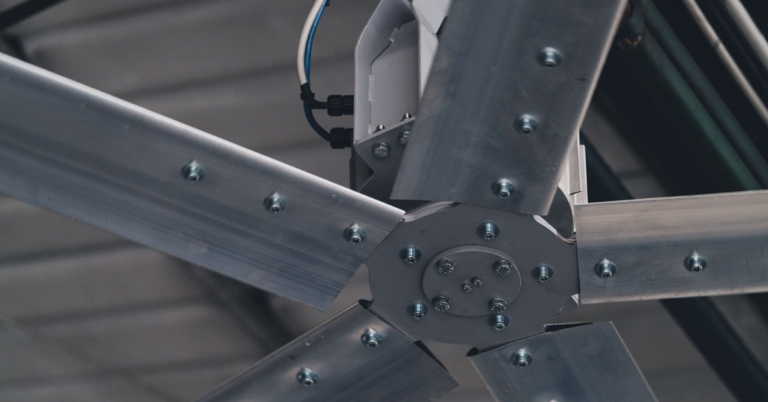Addressing Supply Chain Resilience in the Automotive Industry
sky247 login, gold365 betting, gold365:Addressing Supply Chain Resilience in the Automotive Industry
The automotive industry is complex and interconnected, with a vast network of suppliers, manufacturers, and distributors working together to deliver vehicles to customers around the world. However, this intricate supply chain is not without its challenges. Disruptions can occur at any point in the chain, leading to delays, increased costs, and damaged relationships with customers.
In recent years, the need for resilient supply chains has become increasingly apparent. The COVID-19 pandemic, natural disasters, geopolitical tensions, and other unexpected events have highlighted the vulnerabilities of the automotive industry’s supply chain. To address these challenges and build a more robust system, automotive companies must focus on enhancing their supply chain resilience.
In this article, we will explore the importance of supply chain resilience in the automotive industry and provide practical strategies for improving it. From developing strong supplier relationships to implementing risk management strategies, we will discuss key steps that companies can take to build a more resilient supply chain.
The Importance of Supply Chain Resilience
Supply chain resilience refers to the ability of a supply chain to withstand and recover from disruptions effectively. In the automotive industry, disruptions can take many forms, including natural disasters, political unrest, economic downturns, and pandemics. These disruptions can have far-reaching effects on a company’s operations, leading to production delays, increased costs, and damaged customer relationships.
By building a more resilient supply chain, automotive companies can mitigate the impact of these disruptions and ensure continuity of operations. A resilient supply chain can adapt quickly to changing circumstances, recover from disruptions more efficiently, and ultimately, enhance a company’s competitive advantage.
Key Strategies for Building a Resilient Supply Chain in the Automotive Industry
1. Developing Strong Supplier Relationships
One of the key strategies for building a resilient supply chain in the automotive industry is developing strong relationships with suppliers. Collaborating closely with suppliers can help companies better understand their capabilities, limitations, and vulnerabilities. By fostering open communication and transparency, companies can build trust with their suppliers and work together to address potential risks proactively.
2. Diversifying the Supplier Base
Diversifying the supplier base is another essential strategy for enhancing supply chain resilience. Relying on a single supplier for critical components or materials can create a single point of failure in the supply chain. By working with multiple suppliers, companies can spread the risk and reduce their exposure to disruptions. This approach also encourages healthy competition among suppliers, leading to increased innovation and efficiency.
3. Implementing Demand Forecasting and Inventory Management Systems
Effective demand forecasting and inventory management are crucial for building a resilient supply chain. By accurately predicting demand and maintaining optimal inventory levels, companies can reduce the impact of disruptions and respond quickly to changing market conditions. Advanced forecasting tools, such as artificial intelligence and machine learning, can help companies streamline their forecasting processes and make more informed decisions.
4. Investing in Technology and Digitalization
Technology plays a significant role in enhancing supply chain resilience in the automotive industry. By investing in digitalization tools, such as supply chain management software, companies can improve visibility, collaboration, and communication across the supply chain. Real-time data analytics and monitoring capabilities enable companies to identify potential risks early and take proactive measures to mitigate them.
5. Implementing Risk Management Strategies
Effective risk management is essential for building a resilient supply chain. Companies should conduct regular risk assessments to identify potential threats and vulnerabilities in the supply chain. By developing risk mitigation strategies and contingency plans, companies can prepare for disruptions and respond effectively when they occur. Cross-training employees, diversifying transportation routes, and securing alternative sources of supply are just a few examples of risk management strategies that companies can implement.
6. Enhancing Communication and Collaboration
Open communication and collaboration are critical for building a resilient supply chain in the automotive industry. Companies should establish clear communication channels with suppliers, manufacturers, distributors, and other stakeholders to facilitate information sharing and decision-making. By fostering a culture of collaboration and teamwork, companies can build trust, strengthen relationships, and respond more effectively to disruptions.
Frequently Asked Questions (FAQs)
Q: What are the key challenges to building a resilient supply chain in the automotive industry?
A: Some of the key challenges include reliance on a complex global supplier network, increasing customer demands for customization and faster delivery, and the growing threat of cybersecurity risks.
Q: How can companies assess the resilience of their supply chain?
A: Companies can assess the resilience of their supply chain by conducting risk assessments, evaluating key performance indicators (KPIs), and performing scenario planning exercises to identify potential vulnerabilities and develop appropriate mitigation strategies.
Q: What are the benefits of building a resilient supply chain in the automotive industry?
A: Building a resilient supply chain can help companies reduce costs, improve operational efficiency, enhance customer satisfaction, and maintain a competitive advantage in a volatile marketplace.
Q: How can companies leverage partnerships and collaborations to enhance supply chain resilience?
A: Companies can leverage partnerships and collaborations with suppliers, industry associations, research institutions, and government agencies to share best practices, innovative solutions, and resources for building a more resilient supply chain.
Q: What role does sustainability play in building a resilient supply chain in the automotive industry?
A: Sustainability is increasingly important for building a resilient supply chain in the automotive industry. Companies that adopt sustainable practices, such as reducing waste, conserving energy, and promoting social responsibility, can enhance their reputation, attract top talent, and gain a competitive edge in the market.
In conclusion, supply chain resilience is crucial for the automotive industry to mitigate the impact of disruptions, enhance operational efficiency, and maintain a competitive advantage. By implementing the strategies outlined in this article, companies can build a more robust and agile supply chain that can adapt to changing market conditions and withstand unexpected events effectively. Through strong supplier relationships, diversification, technology investment, risk management, and collaboration, companies can enhance their supply chain resilience and position themselves for long-term success in the automotive industry.







